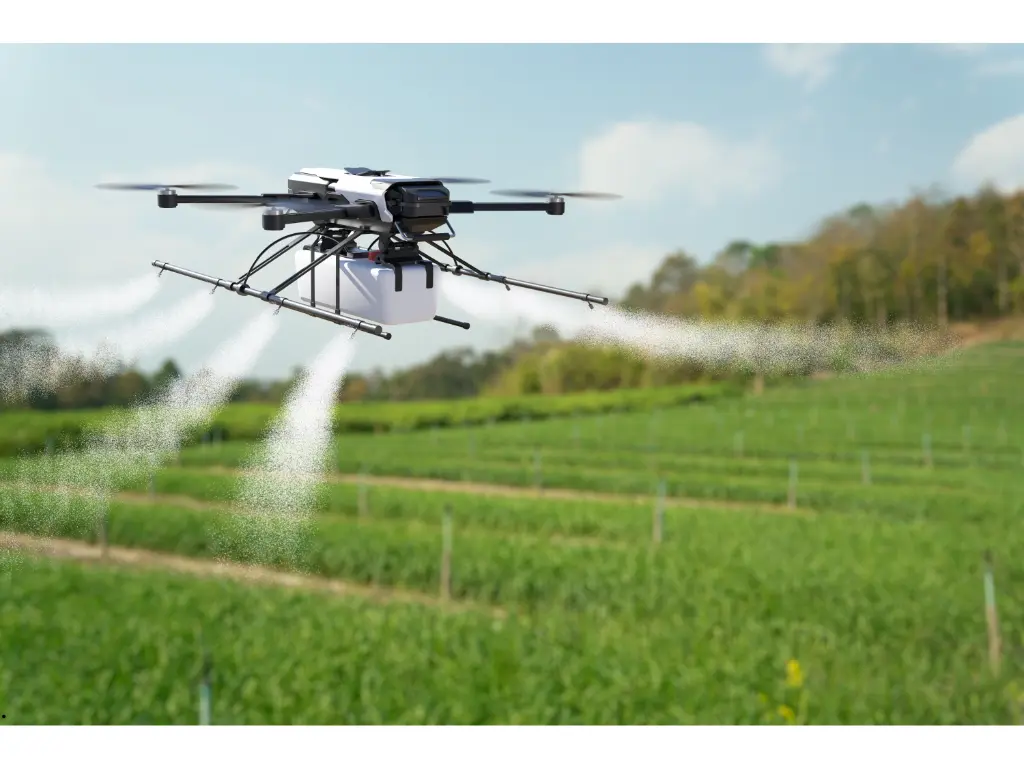News Details

Chile Introduces Landmark Regulation to Strengthen Agricultural Pesticide Management
In a significant step towards modernizing its agricultural sector, Chile’s Ministry of Agriculture, through the Agricultural and Livestock Service (SAG), has issued Resolución 243 Exenta (Resolution 243), a comprehensive regulatory framework designed to enhance the safety and sustainability of pesticide use in the country. The resolution, published on January 14, 2025, introduces strict obligations for all stakeholders involved in the lifecycle of agricultural pesticides, from distributors to farmers and applicators.
A New Era for Agricultural Practices
The Resolution reflects Chile’s commitment to aligning its agricultural practices with international environmental and public health standards. By addressing critical issues such as pesticide drift, worker safety, and environmental contamination, it aims to reduce the risks associated with pesticide use while promoting sustainable farming practices. “This resolution is a milestone in our efforts to protect people and the environment,” said the Minister of Agriculture. “It ensures that our agricultural sector remains productive while adhering to the highest standard of safety and sustainability”.
Key Provisions of Resolución 243 Exenta
-
Sale and Distribution
-
Pesticides must be sold in their original, SAG-approved packaging.
-
Distributors must provide detailed documentation, including product names, SAG authorization numbers, and lot numbers.
-
Pesticides that are about to expire or that have been cancelled may only be sold with explicit buyer consent.
-
-
Storage Requirements
-
Pesticides must be stored in secure, restricted access facilities with proper hazard signage.
-
Inventories must be maintained, and expired products must be disposed of in accordance with SAG guidelines.
-
-
Handling and Application Practices
-
Pesticides should only be handled by certified applicators with SAG credentials.
-
Equipment must be regularly maintained and calibrated to prevent leaks or dosage errors.
-
Pesticide applications must be announced 48 hours in advance, with exceptions for emergencies.
-
-
Worker Safety Protocols
-
Workers cannot re-enter treated areas before the re-entry period specified on the pesticide label.
-
Written authorization from the farm administration is required for re-entry.
-
-
Empty Container Management
-
Empty pesticide containers must be disposed of in accordance with label instructions and regulations.
-
Traceability records must be maintained to ensure proper disposal.
-
-
Service Providers
-
Companies offering pesticide application services must register with the SAG and comply with training and record keeping requirements.
-
Implications for Stakeholders
-
Farmers and Distributors:
The Resolution introduces enhanced record keeping and storage requirements, which may increase operational costs but will improve product safety and traceability. -
Applicators:
Mandatory training and certification will raise professional standards, but may require additional time and financial investment. -
Environmental and Public Health:
The regulation’s focus on minimizing pesticide drift, protecting pollinators, and ensuring proper disposal of containers is in line with global sustainability goals.
Enforcement and Compliance
SAG inspectors will oversee compliance through regular audits and field inspections. Violations of the Resolution will be subject to penalties under existing laws, including Decreto Ley Nº 3.557 and Ley Nº 18.755. Resolution 243 will take effect on January 20 2026, giving stakeholders 12 months to comply. Small-scale and indigenous farmers have been granted a 24-month transition period to comply with the training requirements, provided they obtain certification through government programs.
Resolution 243 Exenta represents a significant step forward in Chile’s efforts to balance agricultural productivity with environmental protection and worker safety. For further details, Resolution 243 can be found here (in Spanish).
We acknowledge that the above information has been compiled from MINISTERIO DE AGRICULTURA .

 Twitter
Twitter
